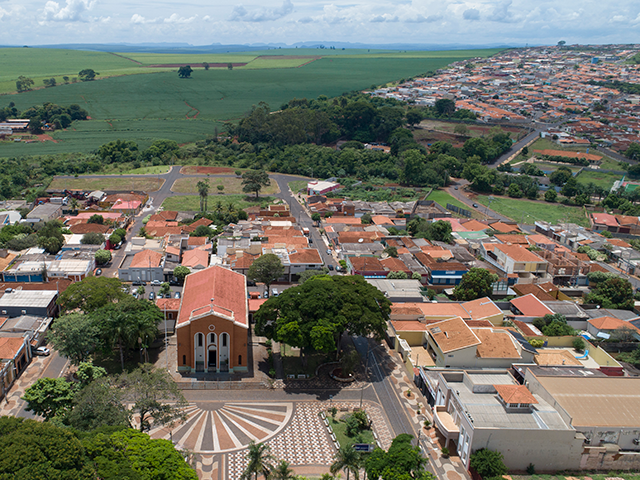The Brazilian municipality of Serrana launched a clinical trial on Wednesday to administer to the town’s entire adult population doses of the Chinese-made coronavirus vaccine candidate CoronaVac.
“The entire adult population, estimated at 30,000 people, will be immunized in three months, in an unprecedented action,” the Butantan Institute wrote on Twitter on February 17. All study participants will receive two doses of the CoronaVac vaccine candidate. The trial excludes pregnant and breastfeeding women and people who are ill.
“The city was scanned and divided into 25 sectors … Through a lottery, the vaccination order of each sector was established in the next two months. The only priority is that neighboring sectors are not immunized at the same time, precisely to assess the impact of a protected cluster on another that has not received doses,” the Brazilian online magazine Veja Saúde reported on February 17.
“It’s not a simple mass vaccination. The aim of the study is to see how effective the vaccination is in a community and with that to identify the collective efficacy of the vaccination of individuals,” Ricardo Palácios, the clinical studies director at the São Paulo state government-funded Butantan Institute, said at a press conference.
The Butantan Institute is funding the trial in Serrana, located 190 miles northwest of the state capital, São Paulo city. The state of São Paulo independently contracted for CoronaVac, a Chinese coronavirus vaccine candidate developed by China’s Sinovac Biotech. Butantan Institute is Sinovac’s official partner in Brazil and is coordinating the study in partnership with Serrana’s State Hospital and its municipal administration.
Roughly 23,000 Serrana residents signed up to participate in the clinical trial on February 11 – the first day of registration –which amounted to 76 percent of the project’s target, according to Veja Saúde. Serrana has a total population of about 45,000.
“The city is not an island. Daily, people leave there and go to work elsewhere, or receive visits from outside. This is relevant to our study because we will be able to measure the impact of these displacements and contacts on the effect of collective vaccination. Analyzing these effects is extremely important for immunization planning,” Palácios told reporters.
São Paulo state has employed over 500 people to help facilitate the trial, estimated to last a year and a half. Butantan director Dimas Covas said Serrana was chosen for the study in part because it is a small town in the interior of the state, which facilitates control. It also hosts a state-run hospital and is located near the Ribeirão Preto medical research center. Serrana currently has the highest coronavirus contamination rate in São Paulo state – 5,248 per 100,000 inhabitants – making it a priority location for monitoring the effectiveness of a vaccine candidate.
Serrana has recorded more than 2,300 infections and 52 deaths from the Chinese coronavirus. Brazil has reported nearly 10 million cases and over 240,000 deaths from the virus.
“Some say they don’t want to be guinea pigs, but that’s absurd,” Serrana resident Rose Valdevite, 55, told Agence France-Presse on Wednesday of the Sinovac trial.
“I would have never imagined we could be vaccinated so quickly, We’re lucky,” the cafe manager said.
Serrana’s clinical trial is part of São Paulo state governor João Doria’s plans to distribute Sinovac’s vaccine candidate across the state. Brazilian President Jair Bolsonaro has “publicly discredited CoronaVac, equating it with ‘death and disablement,’ and said he would not include it in the country’s national immunization program,” the South China Morning Post reported last month.
“Doria … has actively pushed the Chinese-made vaccine, in what political observers say is an early move for a 2022 presidential bid,” the newspaper noted. Doria is a political opponent of Bolsonaro.
Full data released on January 12 revealed that China’s Sinovac Coronavac vaccine candidate was 50.38 percent effective against the Chinese coronavirus in late-stage clinical trials, almost 30 percentage points lower than the 78 percent efficacy rate Butantan Institue gave Coronavac on January 7.

COMMENTS
Please let us know if you're having issues with commenting.